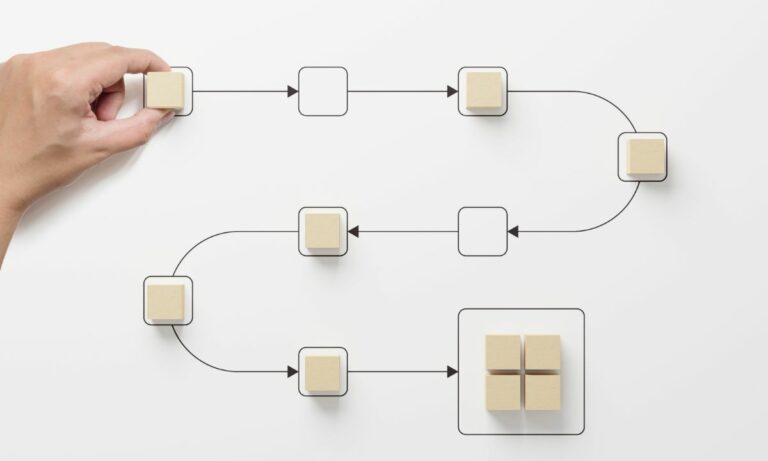Business process management (BPM) is continuously evolving, embracing new technologies to enhance efficiency, accuracy, and productivity. One such technology, sensor technology, is proving to be a game-changer in quality control within BPM. Sensor technology is capable of providing real-time data, allowing businesses to streamline operations, minimize errors, and accelerate decision-making processes.
As a Business Process Automation expert, I have experienced firsthand the transformative impact of integrating sensor technology in BPM. This article aims to provide insights into how you can revolutionize your quality control processes and achieve superior results by harnessing sensor technology.
Before we delve into the specifics, it is essential to understand that the success of any technological integration in your business processes largely depends on the robustness of your BPM system. A robust BPM system like Flokzu offers the ideal platform that allows seamless integration of sensor technology, ensuring optimal results.
The Convergence of BPM and Sensor Technology
The merging of BPM and sensor technology is not a new concept. However, advancements in sensor technology have expanded its application in BPM, particularly in quality control. Sensor technology can provide precise, real-time data that can streamline workflows, improve quality control, and enhance decision-making processes.
For instance, temperature sensors in a manufacturing process can continuously monitor the temperature conditions required for production. Any deviation from the ideal conditions triggers an alert in the BPM system, prompting immediate action. This real-time monitoring and immediate response reduce the likelihood of faulty products, thereby enhancing the quality control process.
Similarly, in a logistics process, GPS sensors can provide real-time location data, enabling businesses to monitor and control the movement of goods effectively. This ability not only enhances operational efficiency but also boosts customer satisfaction by ensuring timely delivery.
Importance of Sensor Technology in Quality Control
The essence of quality control lies in the ability to detect, analyze, and correct errors. Sensor technology, with its real-time data provision, enhances each of these aspects. The immediate detection of deviations from the norm, in-depth analysis of the data, and prompt corrective action all contribute to superior quality control.
Moreover, sensor technology allows for predictive analytics. By analyzing the historical data provided by sensors, businesses can predict potential faults or failures and take preemptive action. This predictive ability is a significant step towards proactive quality control, which is more effective and cost-efficient than reactive quality control.
Additionally, the integration of sensor technology in BPM facilitates automation of quality control processes. For instance, using Flokzu’s BPM system, you can automate the alert process when a sensor detects a deviation. This level of automation minimizes human intervention, reduces errors, and expedites the quality control process.
Maximizing the Benefits of Sensor Technology in BPM
To maximize the benefits of sensor technology in BPM, it is essential to have a comprehensive understanding of your business processes and identify areas where sensor technology can be beneficial. The more accurately and thoroughly you can define your processes, the more effectively you can harness sensor technology.
Moreover, the successful integration of sensor technology in BPM requires a robust BPM system. Flokzu provides a comprehensive BPM solution that allows seamless integration of sensor technology. It offers a user-friendly interface, customizable workflows, and advanced analytics, which are essential for maximizing the benefits of sensor technology.
Lastly, it is crucial to continuously monitor and analyze the data provided by the sensors. Continuous monitoring allows for immediate detection and correction of errors while analysis of the data provides insights for process improvement and predictive analytics.
The integration of sensor technology in BPM is revolutionizing quality control, providing superior results, and enhancing overall business performance. Businesses willing to embrace this technology will gain a competitive edge and be better positioned for future growth and success.
If you wish to explore how Flokzu can facilitate the integration of sensor technology in your BPM and revolutionize your quality control processes, we invite you to Automate your first process for free. Our team of experts is ready to help you harness the power of sensor technology for superior results.






























